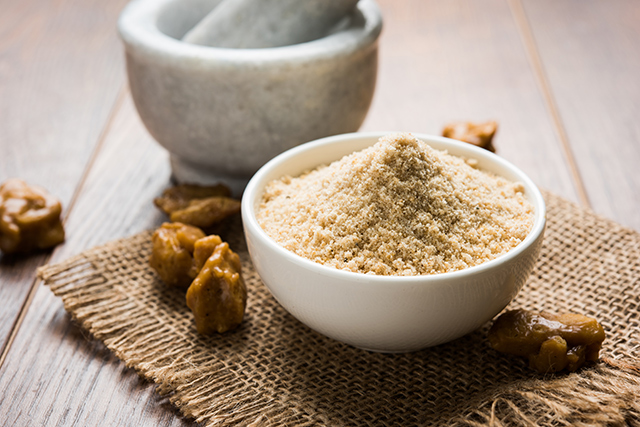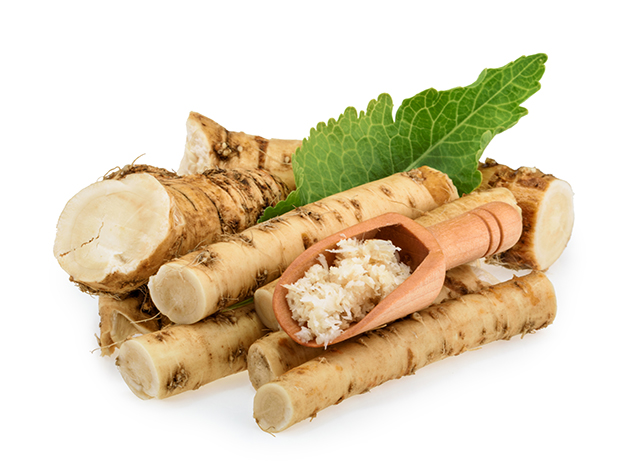Comprehensive study confirms the cardioprotective effects of blueberries and strawberries
07/08/2018 / By Isabelle Z.

If you’re concerned about a heart attack, there are lots of steps you might take to reduce your risk. Perhaps you’re already exercising and eating a healthy diet, but you’d like to give your efforts that extra edge. Before your doctor convinces you to start taking a long-term regimen of risky medications that may or may not actually be effective, why not turn to nature for an alternative that is as delicious as it is powerful?
A study carried out by researchers from Harvard Medical School revealed just how much two particular berries can help reduce a person’s risk of heart attack: strawberries and blueberries. They looked at health data from more than 93,000 women aged 25 to 42 who participated in the Nurses’ Health Study, which included information about their diet and health over the course of 18 years.
They discovered that the women who ate the fewest blueberries and strawberries had the highest risk of having a heart attack, while those who ate the most of these berries were 34 percent less likely to have a heart attack. Consuming the berries regularly brought about the positive health benefits, and those with the healthiest hearts tended to eat at least three cups per week of the two fruits combined, on average.
These benefits came about regardless of other risk factors like alcohol intake, smoking, exercise, family history of heart attack, age and high blood pressure, which means you can increase your risk even further by combining a boost in your berry intake with other healthy changes.
Studies in mice have also shown blueberries’ value in heart health. Researchers from the University of Maine found that mice who were fed a blueberry-rich diet had significant improvements in how easily their veins expanded and constricted, which had a blood pressure-lowering effect.
How do berries help your heart?
It is believed that their power comes from their high content of the flavonoids known as anthocyanins. These antioxidants can lower blood pressure and increase the flexibility of blood vessels.
Should you run out and buy supplements that contain these flavonoids? The scientists say no; they work best when you get them from the whole foods themselves, and organic varieties will give you more nutrients without the pesticide risk.
This is excellent news for people with heart concerns because berries are so easy to incorporate into your diet. Of course, a commercial blueberry pie isn’t going to do your heart any favors with its trans fats and high sugar content, but thankfully berries work so well with a number of healthy dishes.
For example, you can get your daily dose at breakfast by mixing some berries into your organic oatmeal or yogurt – be sure you sweeten it yourself with a bit of organic honey rather than buying the sugar-laden prepared varieties. You can work berries into your lunch or dinner by adding them to a salad; they pair extremely well with leafy greens like spinach, and you can make your own quick dressing with balsamic vinegar and extra-virgin olive oil to enhance their flavor and consume some heart-healthy fats. If you’re not inclined to cook, you can munch on a handful of berries as an easy snack at any hour.
Benefits of berry consumption extend beyond your heart
There are plenty of benefits to be gained by eating more berries, and they extend far beyond your heart. For example, regular blueberry consumption has been linked to a lower risk of Alzheimer’s disease, macular degeneration, and urinary tract infections, while strawberries have been found to support the brain, eyes, muscles, joints, and immune system.
Read Fruits.news for more coverage of the healing properties of raw fruits.
Sources include:
Tagged Under: anthocyanins, berries, Blueberries, cardiovascular health, flavonoids, food as medicine, food cures, functional food, heart attack, heart health, home garden, natural cures, natural remedies, nutrition, Strawberries



















